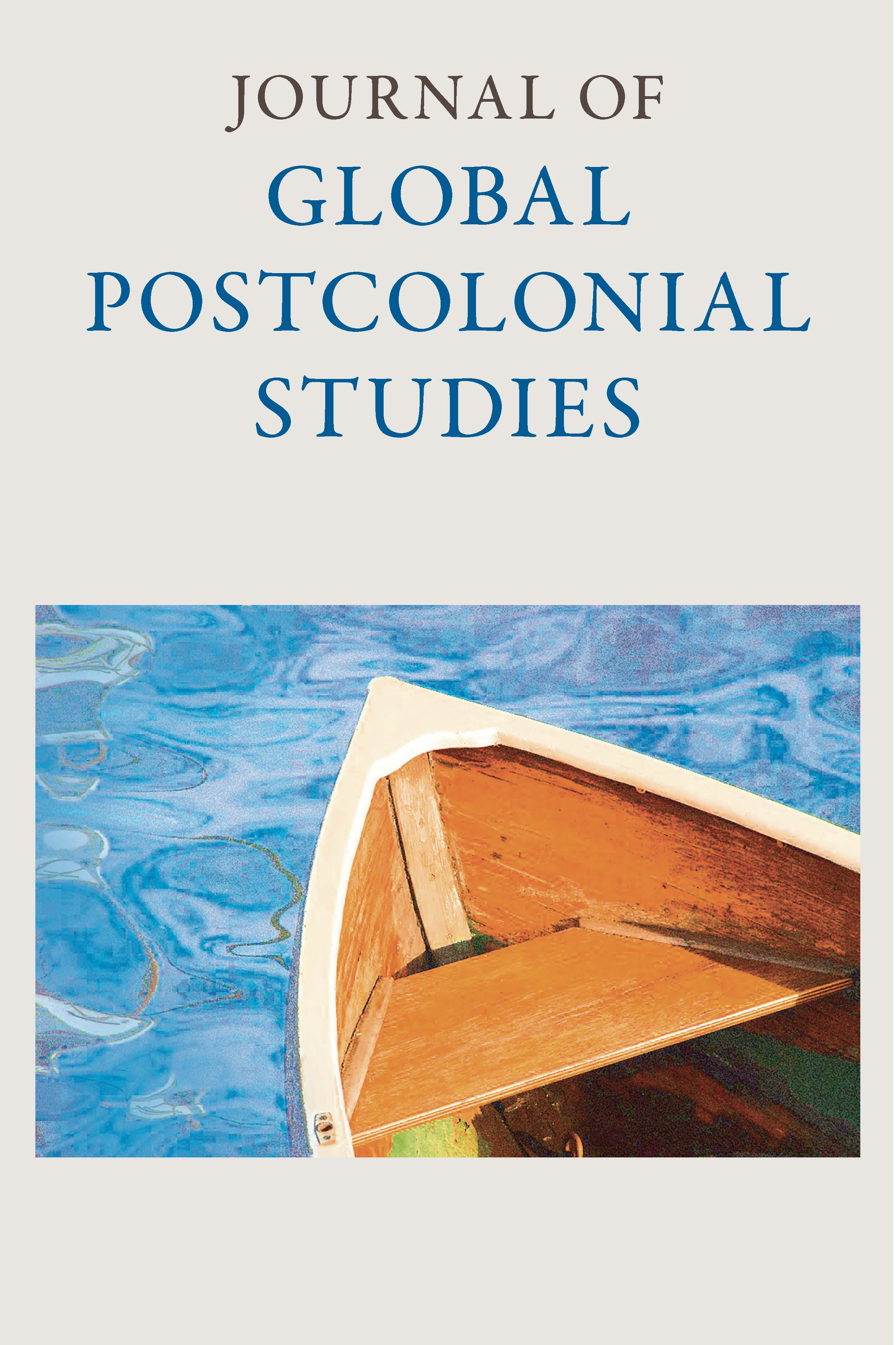“A Western Outpost of the Punjab” Forging Landscapes of Belonging in Bhira Backhaus’s Under the Lemon Trees
Main Article Content
Abstract
By forcefully inserting itself within the landscape and history of California, “near the confluence of the Feather and Sacramento rivers” in the foothills of the Sierra Nevada mountains, Bhira Backhaus’s Under the Lemon Trees (2009) moves beyond the common tropes of Asian American fictions in which memory is invoked primarily in terms of nostalgia or loss, to emplace itself within the very specific geographical locale and physical landscape of the small town of Oak Grove in northern California (48). The text adopts an emphatically regional frame as a strategic move to stake a claim to inclusion within the body politic of the nation through filiations to the land that have been forged by living in close proximity with it—working the soil, learning its many qualities, and becoming conversant with seasonal rhythms. In doing so, Under the Lemon Trees gestures to more-than-human kinship structures and a sense of place that transcends institutional taxonomies of “citizen” and “immigrant” alike.

